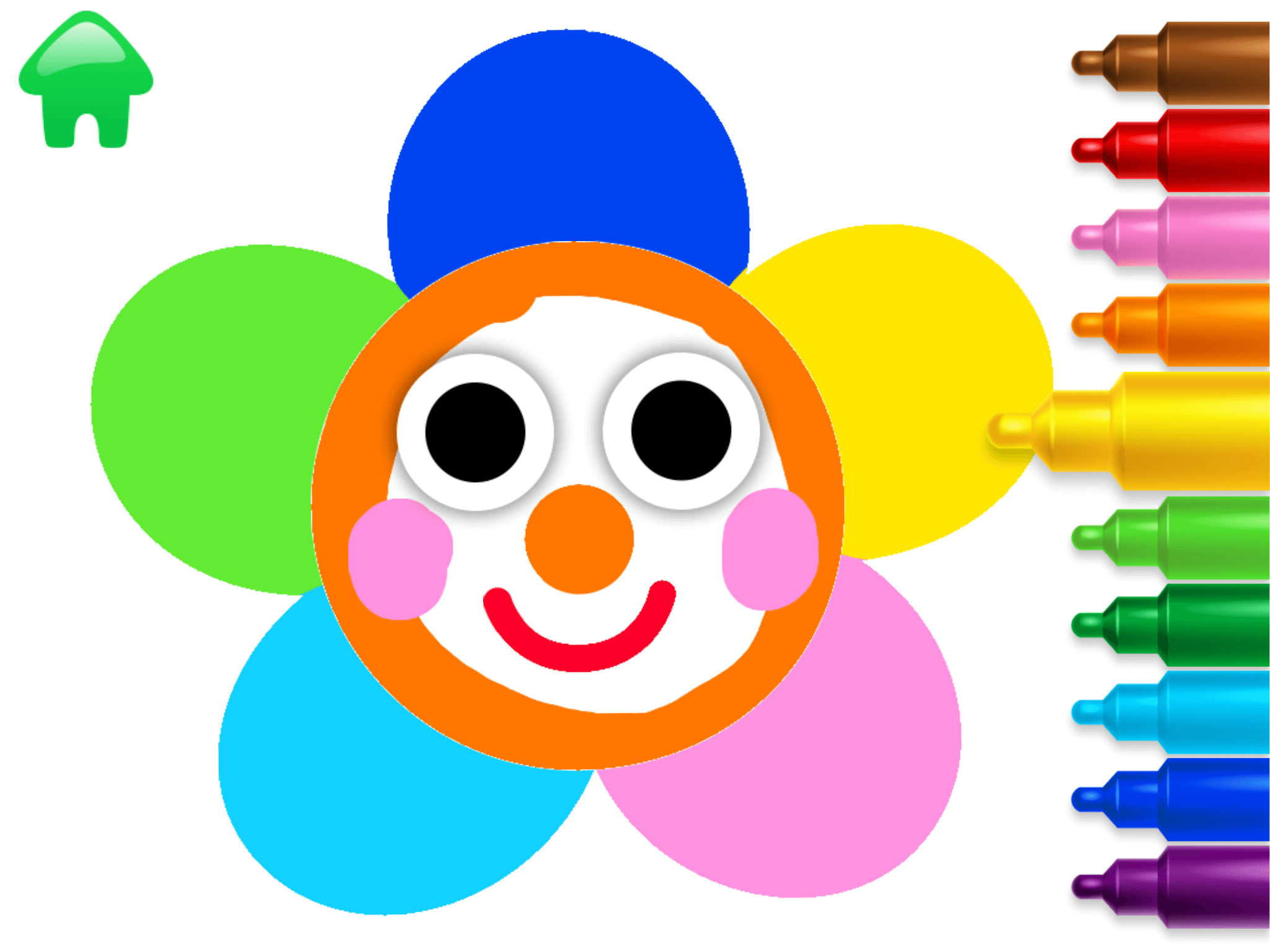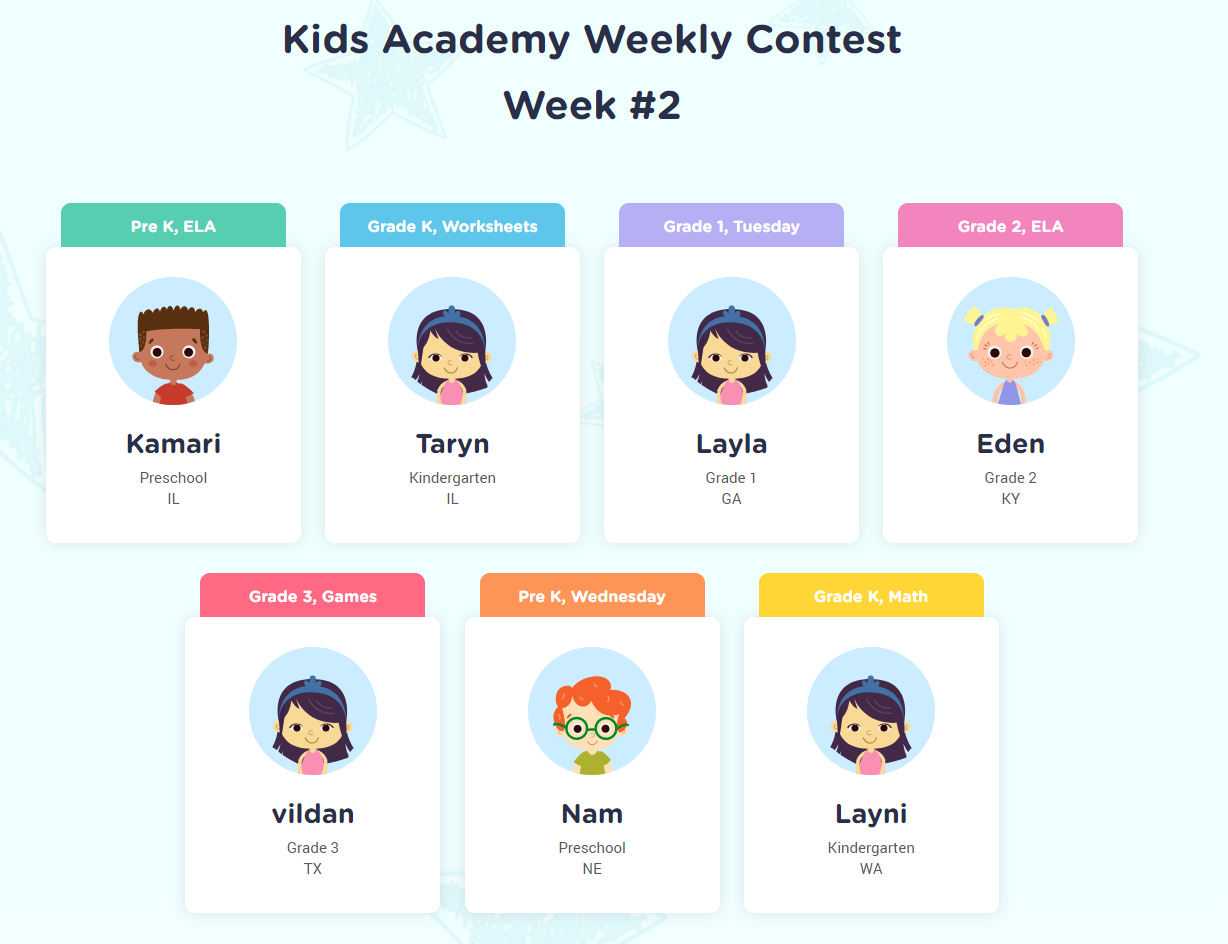Understanding measurements Extra Challenge Worksheets for 5-Year-Olds
4 filtered results
-
From - To
Discover our "Understanding Measurements Extra Challenge Worksheets for 5-Year-Olds," designed to enrich young learners' understanding of measurements in a fun and engaging way. These worksheets present a variety of exciting activities that challenge kids to explore concepts like length, weight, and capacity through hands-on experiences. With colorful illustrations and age-appropriate tasks, children develop essential mathematical skills while fostering critical thinking and problem-solving abilities. Perfect for classroom or at-home learning, these extra challenges support foundational math learning and encourage exploration. Help your little ones measure their way to success with our thoughtfully crafted worksheets that make learning enjoyable!
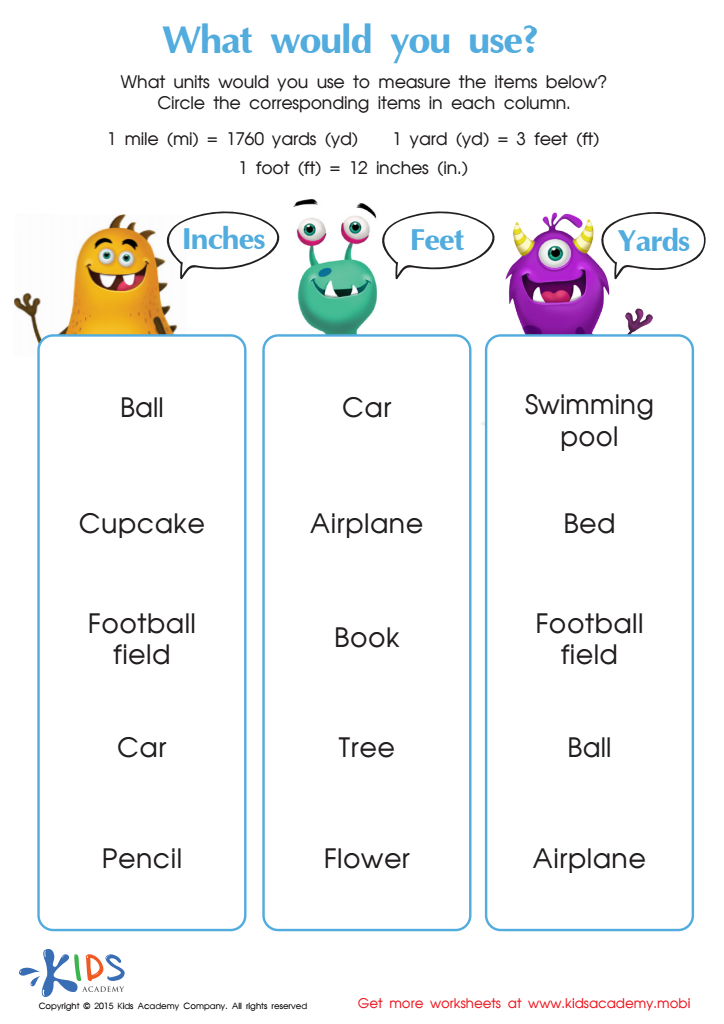

Learning about measuring objects in inches, feet and yards Worksheet
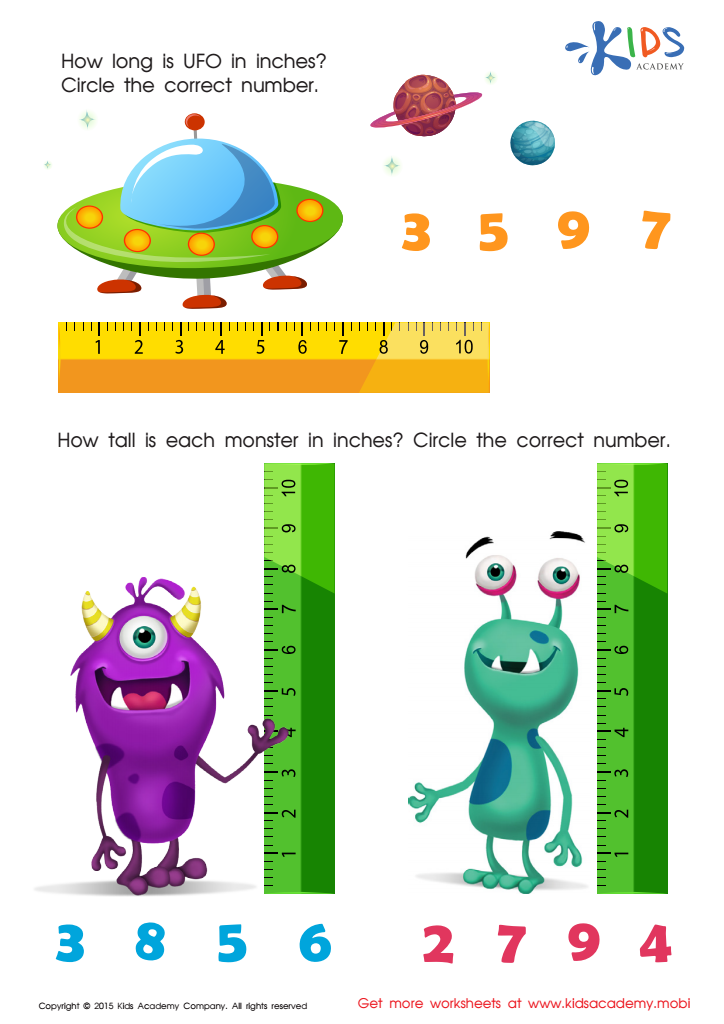

Measuring in Inches Worksheet
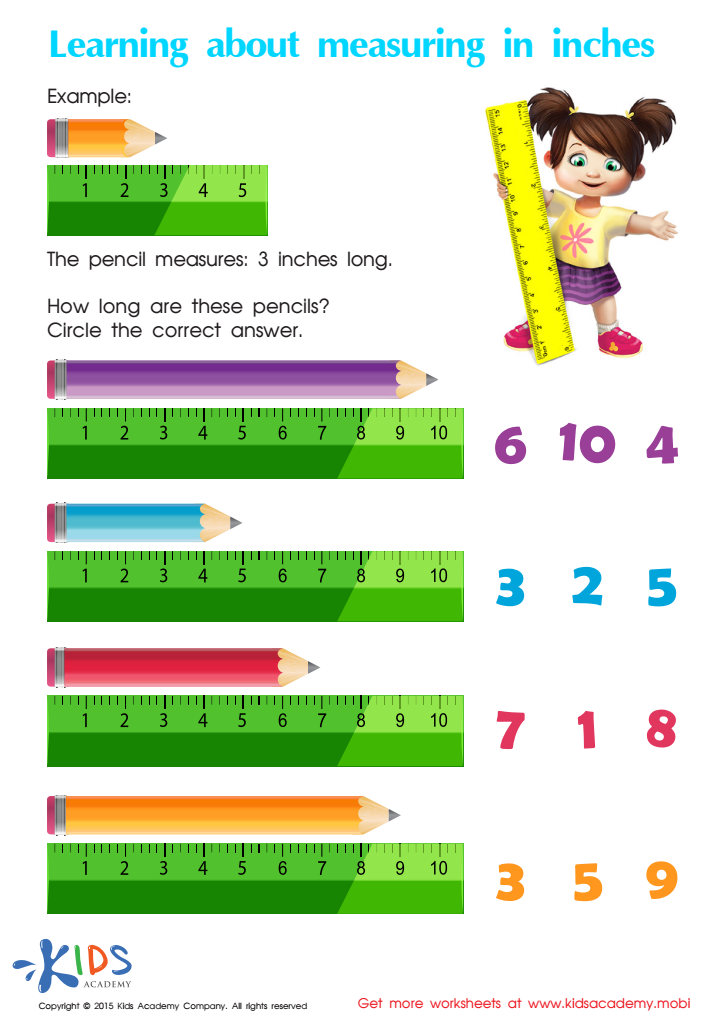

Learning About Measuring In Inches Printable
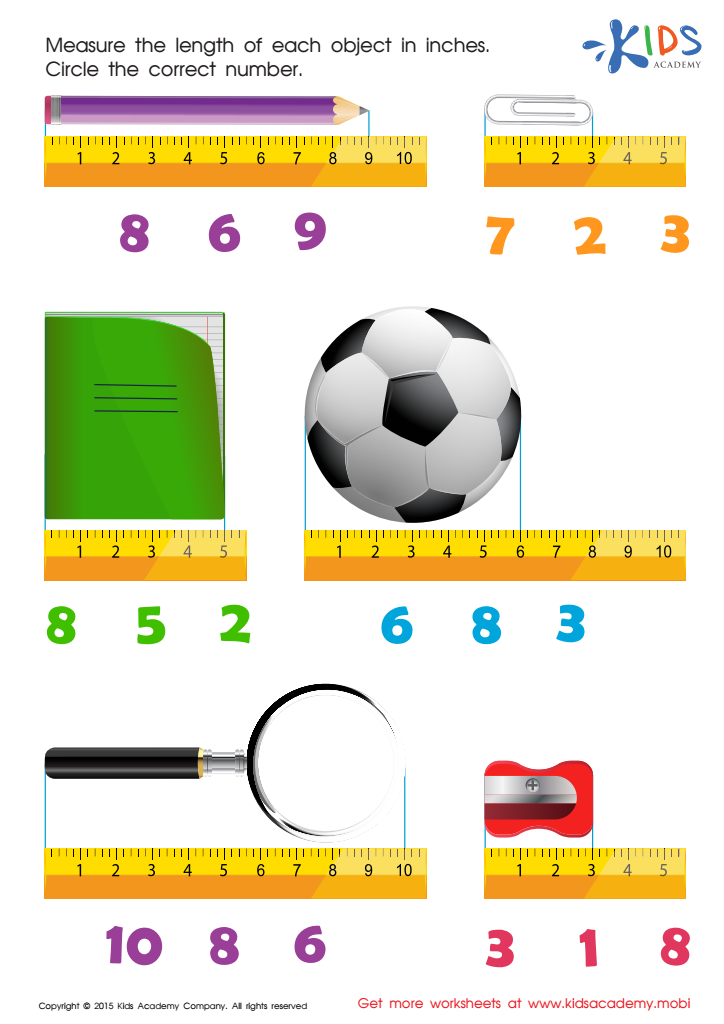

Learning measuring objects in inches Worksheet
Understanding measurements is crucial for 5-year-olds, and parents or teachers should care about this early learning challenge for several reasons. Firstly, measurement skills lay the foundation for mathematical understanding. When young children grasp concepts like length, weight, and volume, they develop essential problem-solving abilities and improve their spatial awareness, which are key skills in advanced mathematics.
Furthermore, learning to measure helps children make sense of the world around them. This practical knowledge translates into everyday activities, from cooking with family to constructing and building using blocks. These real-life applications aid in making learning engaging and relevant, fostering a positive attitude towards education.
Additionally, measuring in various contexts promotes language development. As children articulate their observations—using terms like "longer," "shorter," "heavier," and "lighter"—they expand their vocabulary and communication skills.
Encouraging measurement activities also supports fine motor skills through hands-on tasks, improving coordination and concentration. Ultimately, parents and teachers play a critical role in nurturing these skills, helping children build confidence in their abilities and laying the groundwork for future learning success in both math and science. Thus, emphasizing measurements fosters a comprehensive, enriched learning environment that promotes cognitive growth.
 Assign to My Students
Assign to My Students





